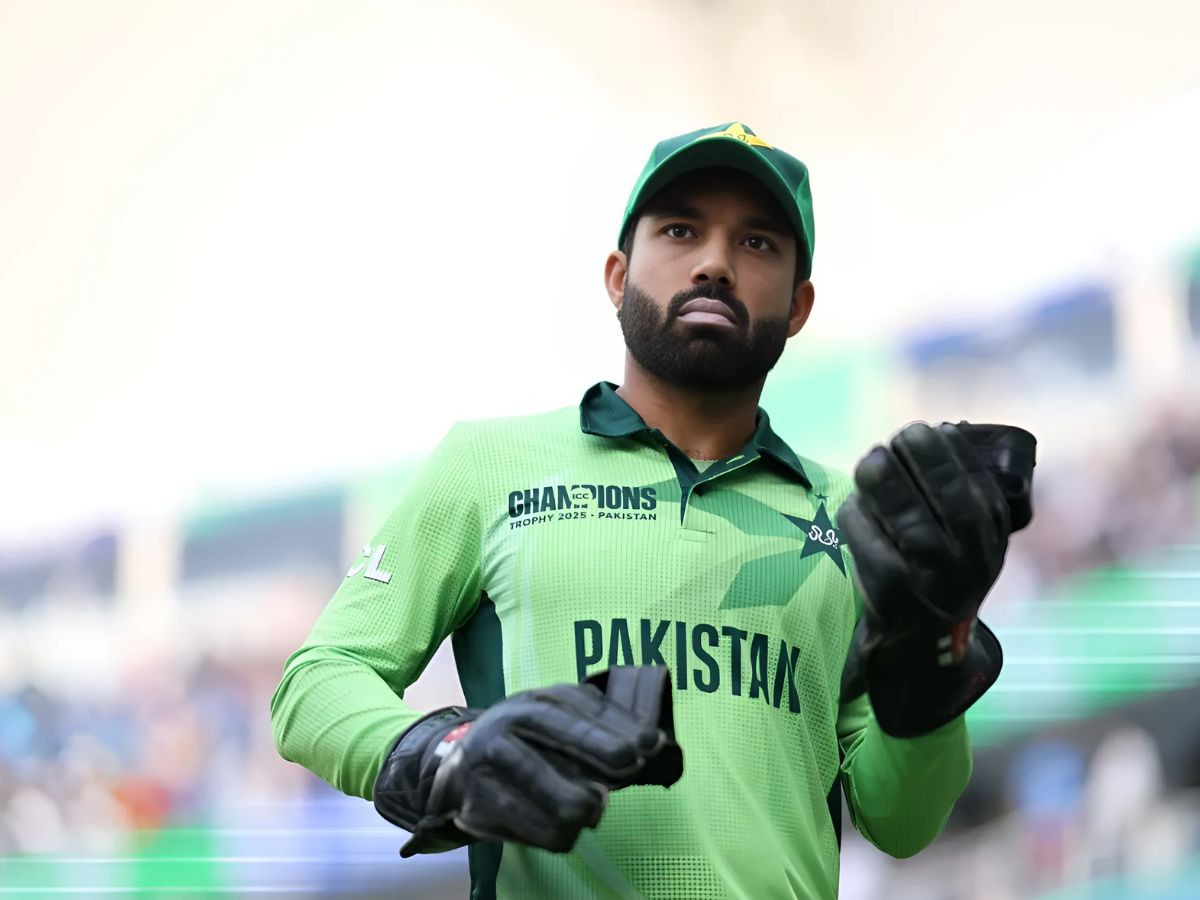
Pakistan’s Champions Trophy exit is a symptom of a deeper crisis
Pakistan’s early exit from the Champions Trophy 2025—while shocking on paper—is merely the latest chapter in what has been an era of chaos, mismanagement, and decline in Pakistan cricket.
This was a tournament where they were not only the defending champions but also the hosts.
And yet, rather than mounting a strong title defense, Pakistan crashed out at the group stage, capping off a disastrous three-year stretch that has seen the team plummet from its former heights.
The numbers tell the story of a cricketing institution in disarray:
- Four PCB Chairmen in three years—a revolving door of leadership with no consistency in vision or planning.
- Eight different coaches—a reflection of instability and lack of direction.
- Four captains—showing indecisiveness and a lack of trust in leadership.
- Twenty-six selectors—indicating a broken selection process with no clear strategy.
- Bottom of the WTC standings—demonstrating Pakistan’s struggle to compete at the highest level in Test cricket.
- Group-stage exits in three consecutive ICC tournaments (2023 CWC, 2024 T20 WC, 2025 CT)—a clear sign that Pakistan is no longer among the elite cricketing nations.
- Whitewashed by Bangladesh at home—a humiliation that would have been unthinkable a few years ago.
- Losses to USA, Ireland, and Afghanistan—teams that Pakistan was expected to dominate not long ago.
The bigger issue: systemic dysfunction
Pakistan cricket has always been volatile, but what we are witnessing now is not just a phase of poor form—it is a full-scale collapse.
The constant changes in leadership have led to instability, inconsistency in team selection, and a lack of long-term planning.
Players are shuffled in and out of the squad with no clear roadmap, coaches are hired and fired based on whims rather than results, and captains are changed like seasonal trends, leaving the team directionless.
The decision-making process at the PCB (Pakistan Cricket Board) has been riddled with political interference and short-term fixes rather than strategic, long-term solutions.
The frequent removal of chairmen has disrupted the continuity of any meaningful cricketing reforms. Pakistan’s selection process is erratic, with players often being dropped without justification, while underperformers continue to be backed due to favoritism.
Moreover, Pakistan’s domestic structure remains flawed, failing to produce players who can consistently perform at the international level. The talent is undoubtedly there—Pakistan has always had natural cricketing flair—but without proper grooming, infrastructure, and a structured pathway, that talent is being wasted.
While other cricketing nations have strengthened their domestic cricket with well-organized tournaments and scouting systems, Pakistan’s domestic competitions often lack proper planning, funding, and player development programs.
The Pakistan Super League (PSL) has been successful in unearthing young talent, but it cannot be the only pipeline feeding the national team.
Test cricket, which requires a completely different skill set, is being neglected, leading to Pakistan’s dismal World Test Championship (WTC) performance.
Additionally, fitness and discipline remain major concerns.
Several players have been criticized for their poor work ethic, lack of commitment to training, and inability to maintain international-level fitness. Other teams have dedicated strength and conditioning programs, while Pakistan’s approach to fitness appears inconsistent at best.
Where do they go from here?
There is no quick fix for the mess Pakistan cricket finds itself in. What’s needed is a complete overhaul—starting with stability at the administrative level.
The board must establish long-term leadership, appoint a competent coaching staff, and stick with a captain rather than changing leaders at the first sign of trouble. Selection policies need to be based on merit and performance rather than favoritism and short-term thinking.
A clear roadmap should be put in place for domestic cricket reforms. Pakistan needs a strong first-class system that rewards consistent performers rather than relying on PSL performances alone.
The board should invest in improving pitches, facilities, and coaching at the grassroots level. Domestic tournaments should be structured in a way that prepares players for the rigors of international cricket, especially Test cricket.
Moreover, the national team requires a strong leadership core.
Pakistan’s best teams in history have always had a backbone of experienced, mentally tough players leading the way. Identifying future leaders and grooming them is crucial to avoid the constant captaincy changes that have plagued the team in recent years.
The fitness culture needs a complete revamp as well.
Players must be held to high physical standards, and those who fail to meet them should not be selected, regardless of talent. Cricket is evolving rapidly, and teams that do not adapt to modern fitness standards are left behind.
The verdict
Pakistan’s Champions Trophy 2025 exit is not just a bad tournament—it is a wake-up call.
Unless drastic steps are taken to fix the structural issues plaguing the team, Pakistan cricket risks becoming a second-tier side, incapable of competing with the world’s best.
This is not just about a poor few years; this is about the survival of Pakistan cricket as a force to be reckoned with.
The question is: will the people in charge finally take responsibility, or will the cycle of incompetence continue? The answers will determine Pakistan’s cricketing future.


COMMENTS
Comments are moderated and generally will be posted if they are on-topic and not abusive.
For more information, please see our Comments FAQ